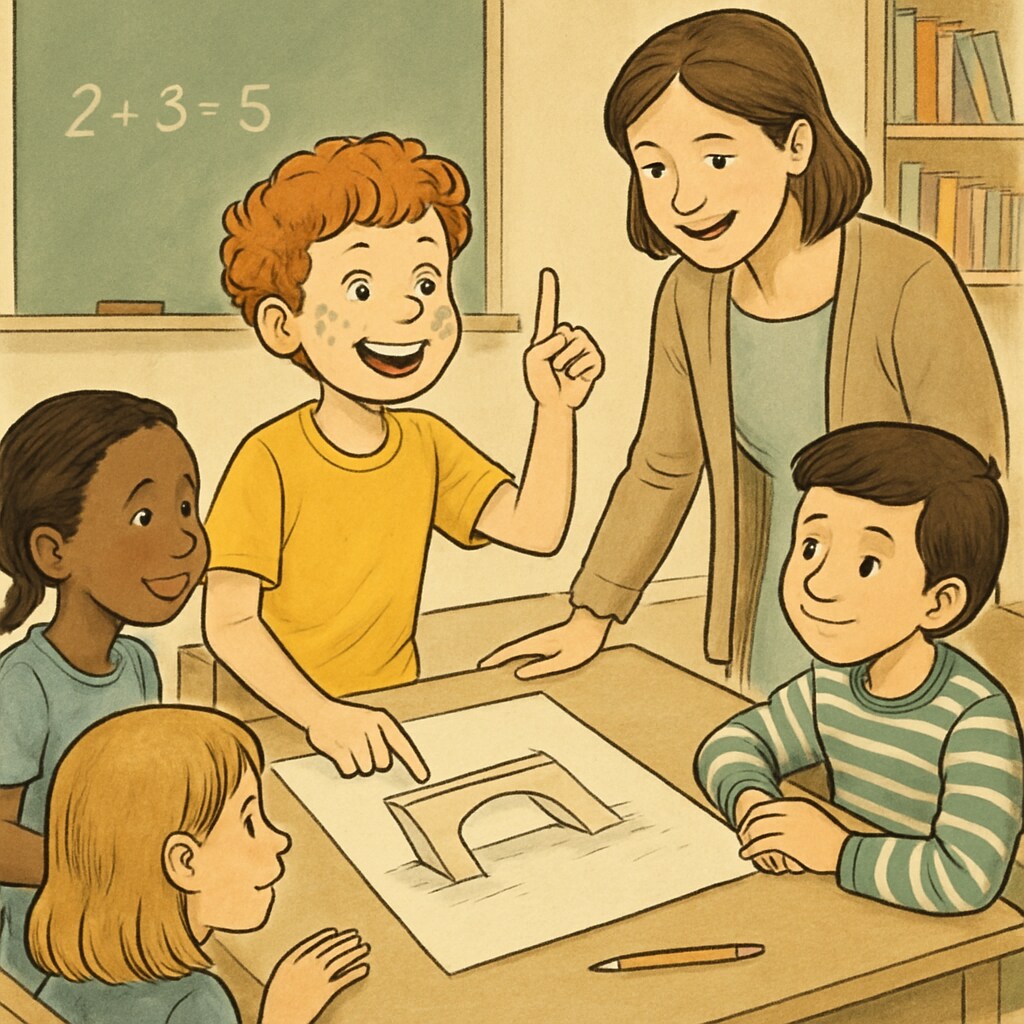Current gifted program selection methods often rely on standardized testing and narrowly defined performance metrics. While effective for identifying students who excel under conventional learning conditions, these systems can unintentionally exclude students with ADHD (Attention Deficit Hyperactivity Disorder), despite their exceptional potential. This issue highlights a systemic blind spot in recognizing the diverse ways intelligence and talent manifest, leaving many brilliant minds overlooked.
Standardized Testing and Its Limitations
Standardized testing is a cornerstone of many gifted program selection processes. These tests are designed to measure specific cognitive abilities, including mathematical reasoning, verbal aptitude, and problem-solving skills. However, such evaluations often fail to capture the full spectrum of intelligence, especially among students with ADHD. For instance, ADHD students may struggle with sustained focus or specific instructions, yet they often excel in creative thinking, rapid problem-solving, or unconventional approaches to challenges.
In addition, the short-term nature of standardized testing can disadvantage ADHD students. Their performance may vary day-to-day, influenced by environmental factors such as classroom distractions or emotional well-being. As a result, their true potential may not be reflected in a single testing session, causing them to be unfairly excluded from gifted programs that prioritize immediate and consistent results.

The Unique Talents of ADHD Students
ADHD students often possess unique strengths that are undervalued in traditional educational systems. These strengths include heightened creativity, strong intuition, and the ability to think “outside the box.” For example, many ADHD students show exceptional skills in fields such as art, music, entrepreneurship, and technology. They tend to excel in environments where innovation and adaptability are highly prized.
Unfortunately, these talents are frequently overlooked because ADHD students may not conform to standard academic expectations. Their unconventional learning styles and difficulty adhering to rigid classroom structures often mask their underlying intellectual capabilities, making it harder for educators to identify their suitability for gifted programs.

Improving Gifted Program Selection for ADHD Students
To ensure gifted programs do not miss out on ADHD students’ potential, educators and policymakers need to rethink selection criteria. Here are some actionable suggestions:
- Holistic Assessments: Implement evaluation methods that consider creativity, leadership, and problem-solving skills alongside academic performance.
- Multi-Tiered Testing: Conduct assessments over multiple sessions to account for variability in performance due to ADHD-related factors.
- Teacher Observations: Include input from educators who interact with students daily, as they can provide valuable insights into nontraditional strengths.
- Flexible Program Structures: Design programs that accommodate diverse learning styles, ensuring ADHD students can thrive without being constrained by rigid expectations.
By adopting these strategies, gifted programs can become more inclusive and better equipped to nurture the talents of all students, including those with ADHD.
Conclusion: The Cost of Overlooking Potential
Educational systems that rely solely on standardized testing and narrow performance metrics risk overlooking the brilliance of ADHD students. As a result, many young minds capable of extraordinary achievements are left unsupported, their talents unrealized. By broadening the criteria for gifted program selection, we can create a more equitable system that recognizes and nurtures diverse forms of intelligence.
ADHD students have the potential to make significant contributions to society if given the opportunity to thrive in environments tailored to their unique strengths. It’s time to ensure that gifted education truly reflects the diversity of human potential.
Readability guidance: Use concise paragraphs, incorporate lists to summarize key points, and include transitions (however/in addition/for example/as a result) to enhance flow.


